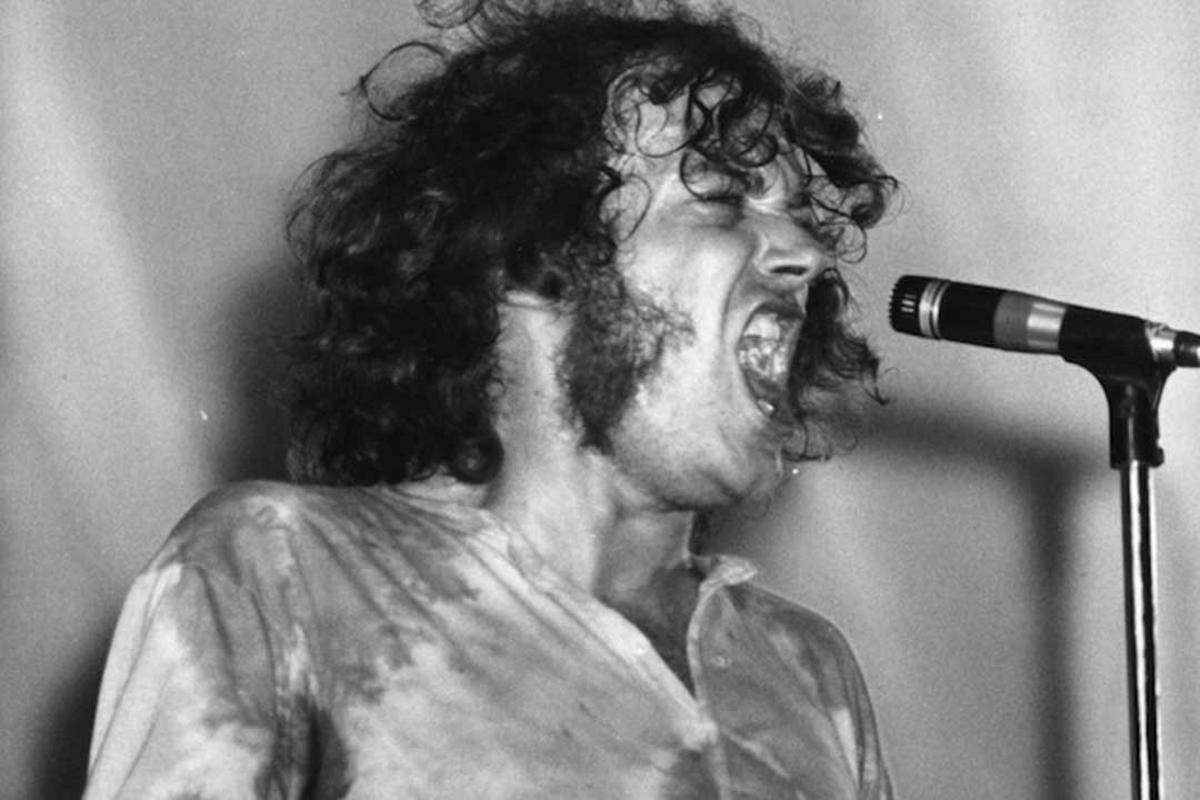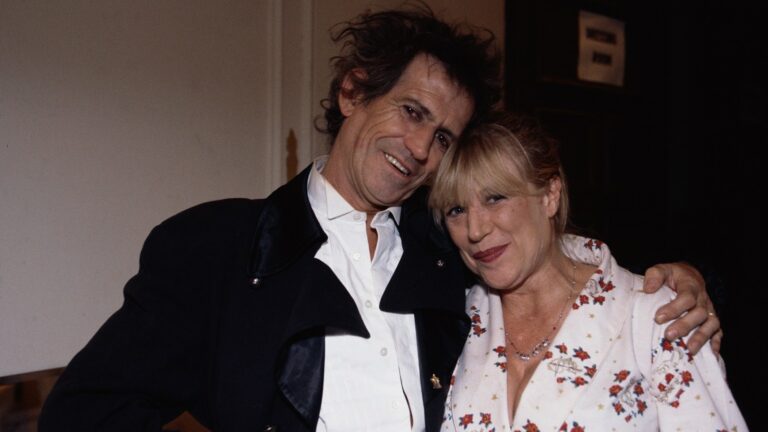Joe Cocker has been eligible for the Rock & Roll Hall of Fame since the mid ’90s, but his first ever nomination didn’t arrive until 2025, over a decade since his passing in 2014.
Cocker, who was born in 1944 in Sheffield, England, started singing in public at age 12, drawing inspiration from people like Ray Charles and Lonnie Donegan. He dropped out of school a few years later and became a gasfitter, but he did not drop his dream of pursuing music.
Fast forward several years and bands later to 1969, Cocker released his first two albums, With a Little Help From My Friends and Joe Cocker!, both of which landed in the Top 40 in America. Oh, and there was also a little show called Woodstock that Cocker took part in, where he effectively blew the crowd away with his striking voice and commanding stage presence. Later came the famous Mad Dogs & Englishmen tour, plus more charting albums and singles.
Cocker had his share of struggles with drugs and alcohol, which effected his ability to perform live. Yet, he persisted, recording and touring up until 2013. In September of 2014, Billy Joel endorsed Cocker for induction into the Rock Hall, describing him as “a great singer who is not very well right now.” Three months later, Cocker died of lung cancer.
We at UCR happen to agree with Joel. Here are 5 Reasons Joe Cocker Should Be in the Rock and Roll Hall of Fame.
He Was One of the Most Powerful Singers in Rock
It feels futile to try and describe Cocker’s vocal talent in words — you simply must hear it with your own ears to understand. In 1960, the year Cocker formed his first band, the Cavaliers, the most popular artists of the year chart-wise were folks like Roy Orbison, the Everly Brothers and Sam Cooke. All talented in their own right, sure, but a far cry from the kind of raw feeling Cocker heard in the blues, a feeling he channeled into his voice. Gritty and unpolished, Cocker’s singing embodied the sort of nastiness rock ‘n’ roll music thrives on. “It’s an emotion – a way of carrying an emotion,” Cocker would say of his singing to The Guardian in 2013.
His Woodstock Performance Is Legendary
Woodstock on the whole was a historical event, but when you break it down by act, the sheer spread of talent that performed during those three days becomes all the more impressive. Cocker’s performance with his Grease Band was undoubtedly one of the strongest of the festival, which included an astounding rendition of the Beatles‘ “With a Little Help From My Friends.” (More on that shortly.) “It took about half the set just to get through to everybody, to that kind of consciousness,” Cocker recalled to The Guardian. “You’re in a sea of humanity and people aren’t necessarily looking to entertain you.” It was a pivotal moment not just for Cocker, but for rock ‘n’ roll performance in general.
His Ability to Interpret the Work of Others Was Exceptional
If we had to narrow it down to just one singular reason Cocker deserves a place in the Rock Hall, it would probably be for his outstanding ability to interpret the work of others. It may sound straightforward, but covering another artist’s song requires a certain level of creativity, originality and respect – the idea being that homage to the original recording is paid while also transforming it into your own singular work. This Cocker excelled at. Over the years, he put his spin on songs by the Beatles, Bob Dylan, Jackson Browne, Leonard Cohen, R.E.M., Bill Withers and many more. And don’t just take our word for it, take it from a Beatle. When Cocker passed away in 2014, Paul McCartney made sure to mention that he thought Cocker’s version of “With a Little Help From My Friends” was “just mind blowing, totally turned the song into a soul anthem and I was forever grateful for him for doing that.”
He Carried the Torch of Blues and Early R&B Music
To be clear: there is a much broader conversation to be had about the role of blues, and more specifically of Black musicians, in the world of ’60s and ’70s rock ‘n’ roll. There is no Joe Cocker or Rolling Stones or Led Zeppelin without the likes of Muddy Waters, Howlin’ Wolf and Chuck Berry, all of whom were influences on Cocker’s career. Entire essays and books have been written about the fine line between appreciation and appropriation as it relates to this topic, and with hindsight, it’s not hard to see the through line from Delta blues and early R&B to British skiffle, hard rock and even metal. But when Cocker came onto the scene, that was still quite a new concept. “He brought Ray Charles to the mix as an influence on rock ‘n’ roll,” Steven Van Zandt of the E Street Band explained to Rolling Stone in 2010.
He Was an Incredible Live Performer and Frontman
Many rock ‘n’ roll frontmen also play instruments in their respective bands, but not Cocker, which left him free to be the star of the show. If you watch basically any footage of him performing at Woodstock, on tour with Mad Dogs & Englishmen and beyond, you’ll see just how animated of a performer he was, gesturing wildly and dancing around the microphone stand. “I never knew what to do with me hands,” he confessed to Classic Rock in 2013. “Most people feel rhythm in their feet, but that was how I expressed myself. It looks daft, but I can’t help it.” We would argue it was not daft at all but invigorating — the music felt literally alive at those ’70s shows in particular.
Woodstock By the Numbers
Going inside the numbers at the original Woodstock festival, from portable toilets to injuries caused by guitars.
Gallery Credit: Nick DeRiso



